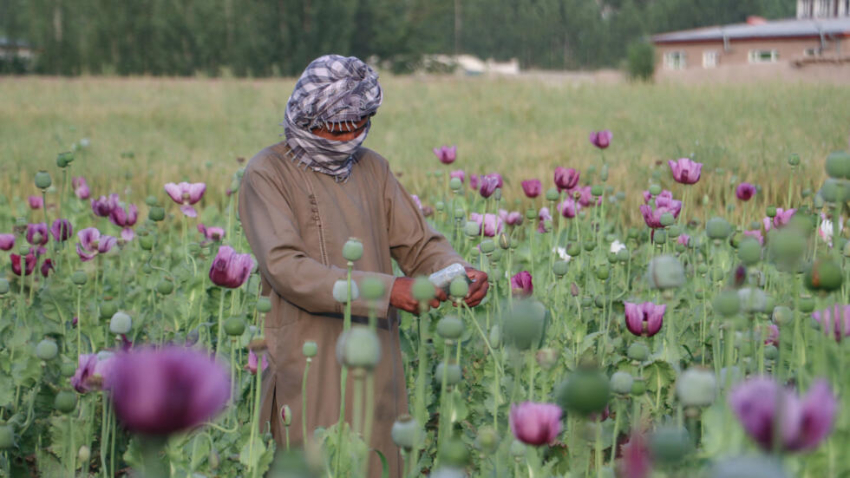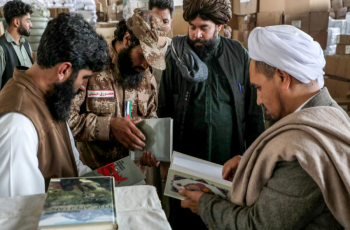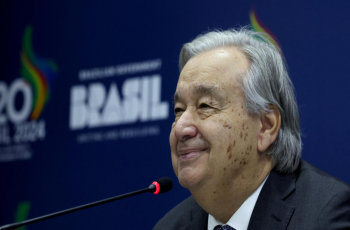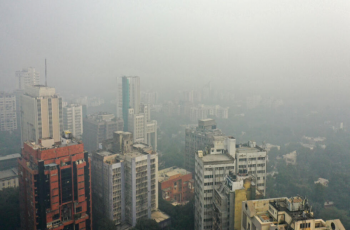Afghanistan poppy cultivation grows 19 percent despite ban: UN
Opium cultivation rose by 19 percent in Afghanistan this year, the UN reported Wednesday, despite a Taliban government ban that almost eradicated the crop.

An Afghan farmer harvests opium sap from a poppy field in Badakhshan province in May, 2024. Photo: © OMER ABRAR / AFP/File
Kabul (AFP): Opium cultivation rose by 19 percent in Afghanistan this year, the UN reported Wednesday, despite a Taliban government ban that almost eradicated the crop.
Currently, 12,800 hectares of poppies are cultivated in Afghanistan -- where up to 80 percent of the population depends on agriculture -- a new survey by the United Nations Office on Drugs and Crime (UNODC) shows, the agency said in a statement.
The 19 percent increase year-on-year remains far below the 232,000 hectares cultivated when Taliban supreme leader Hibatullah Akhundzada banned the crop in April 2022, nearly a year after the Taliban returned to power, UNODC added.
The centre of poppy cultivation has also shifted, the agency noted, and is now concentrated in northeastern provinces instead of in the Taliban strongholds of southern Afghanistan.
In May, clashes between farmers and brigades sent to destroy their poppy fields resulted in several deaths in northeastern Badakhshan.
Following the poppy ban, prices soared for the resin from which opium and heroin are made.
During the first half of 2024, prices stabilised around $730 per kilogram, (two pounds) according to the UNODC, compared to about $100 per kg before 2022.
For years Afghanistan was the world's biggest supplier of opium and heroin.
Many farmers in Afghanistan, one of the poorest countries in the world, were hit hard financially by the ban and have not been able to reap the same profits from alternative crops.
Even legal crops are only a short-term solution, according to the International Crisis Group (ICG), "so the focus should be on job creation in non-farm industries".
The UNODC and the UN Assistance Mission in Afghanistan (UNAMA) called for international support for farmers to transition to alternative crops and livelihoods, something the Taliban government has requested.
"With opium cultivation remaining at a low level in Afghanistan, we have the opportunity and responsibility to support Afghan farmers to develop sustainable sources of income free from illicit markets," said UNODC Executive Director Ghada Waly in the statement.
-

Australian eyes $30m fine for social media flouting under-16s ban
2024-11-21 -

K-drama for mental health? Binge on, one expert says
2024-11-21 -

Brazil will not 'shy away' from fossil fuels issue as COP30 host: envoy
2024-11-21 -

'They killed her dream': Israel strike leaves woman footballer in coma
2024-11-20 -

Taliban govt clearing 'un-Islamic' books from Afghanistan shelves
2024-11-20 -
.jpeg)
Europe's pivotal role in bid to strike COP29 climate deal
2024-11-20 -

COP host Azerbaijan jailed activists over 'critical opinions': rights body
2024-11-18 -

'Nobody can reverse' US progress on clean energy: Biden
2024-11-18 -

UN chief urges G20 'leadership' on stalled climate talks
2024-11-18 -

India's capital shuts schools because of smog
2024-11-18
